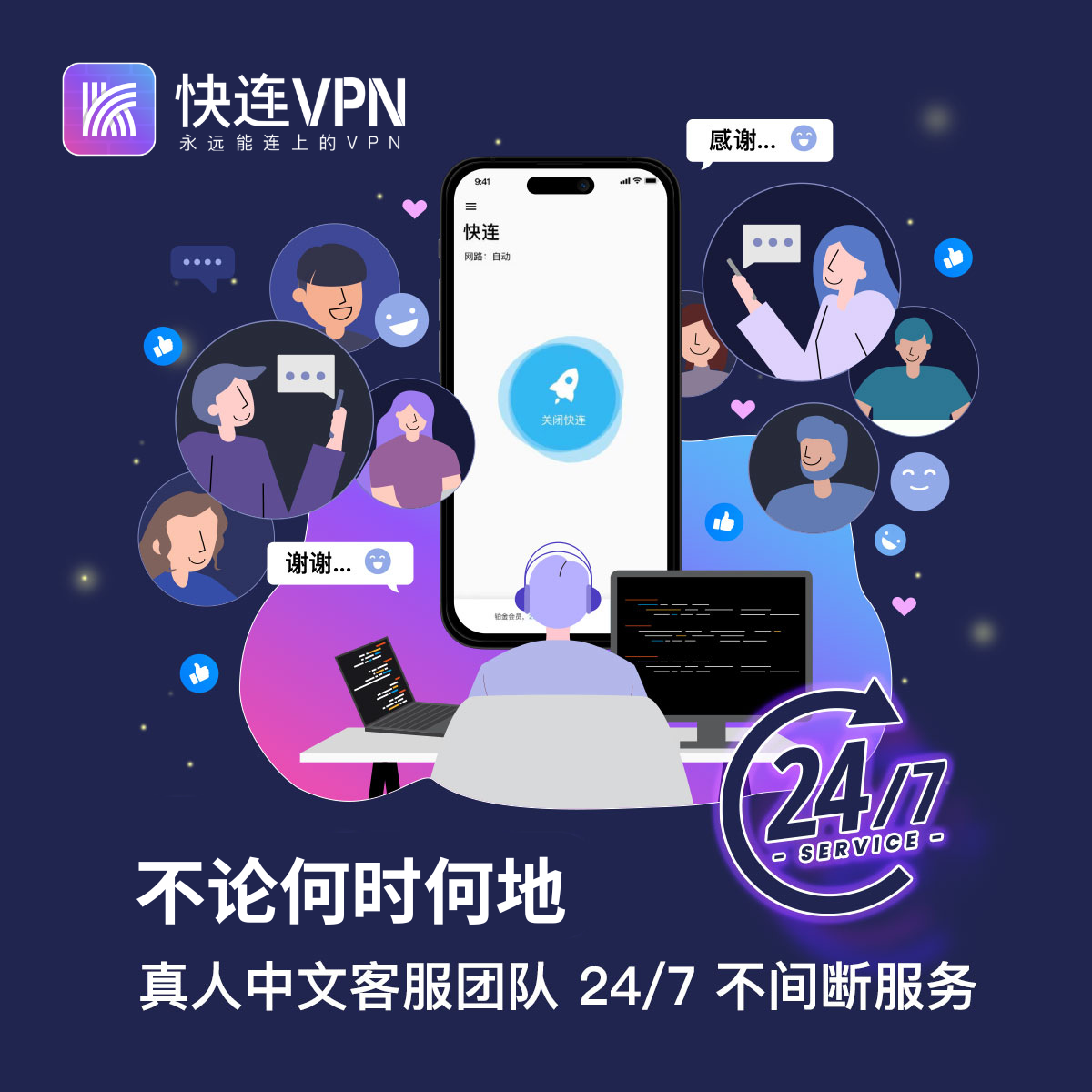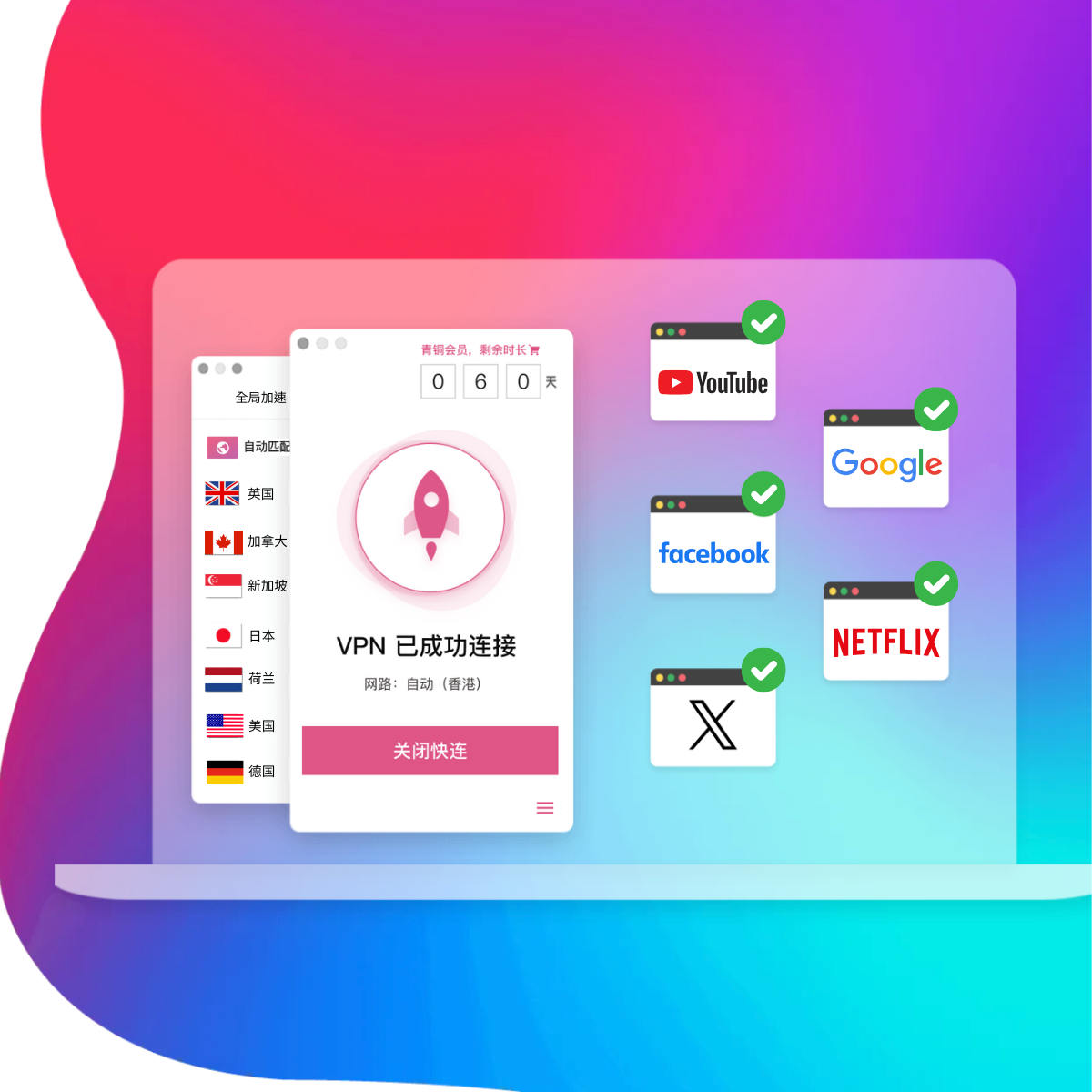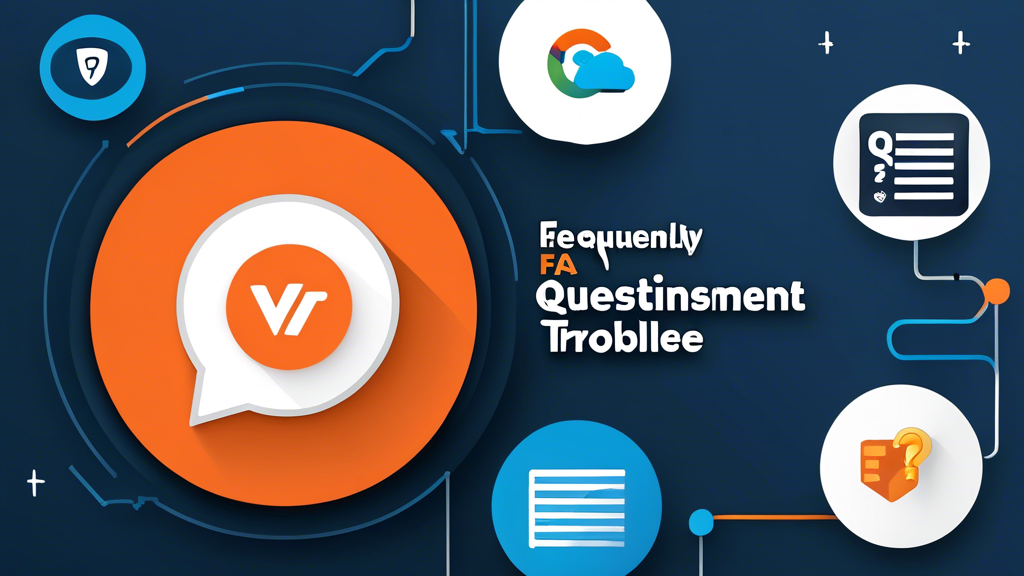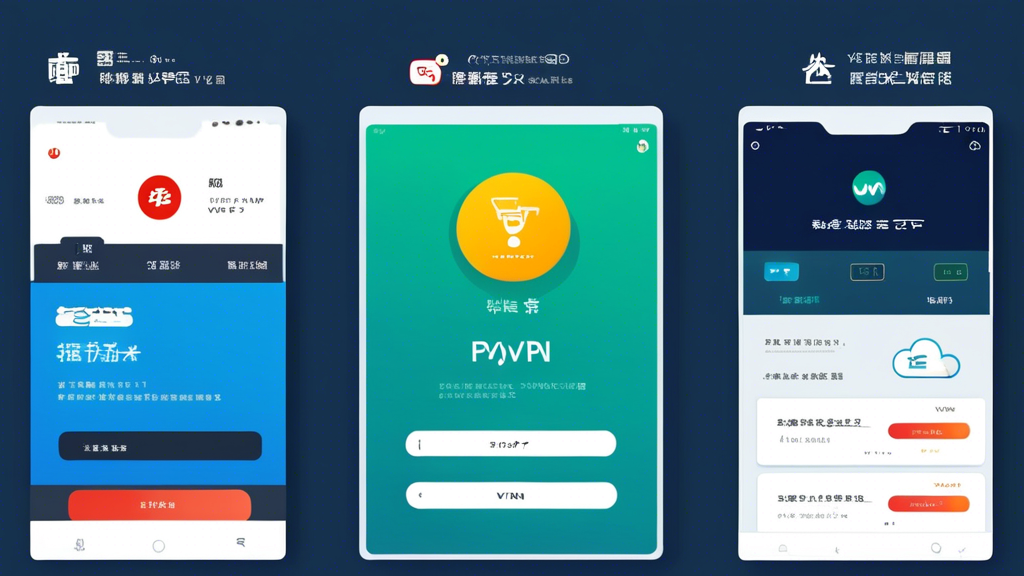
![[VPN Connection Issues - Trouble with Wi-Fi]](http://blogs.letsvpn.world/cdn/shop/articles/image_17f67e10-f273-4ab1-a782-0baea4e248a0.png?v=1733452611&width=1024)
 Troubleshooting VPN Connection Issues with Wi-Fi
Troubleshooting VPN Connection Issues with Wi-FiIn today's digital age, using a VPN (Virtual Private Network) has become a necessity for many users. While a VPN offers enhanced privacy and security online, users often encounter connectivity issues, security online, users often encounter connectivity issues, partol. your VPN works, yet your Wi-Fi doesn't, you're not alone.
Understanding the VPN and Wi-Fi Relationship
The interplay between VPNs and Wi-Fi is pivotal. When you connect to a VPN, your internet traffic is routed through a secure tunnel to a remote server. This process can sometimes interfere with Wi-Fiue connectivity, Fiue or VPN protocol selection. Understanding these elements can help pinpoint where the problem lies.
Common Causes of VPN and Wi-Fi Connection Issues
- IP Address Conflicts: This often occurs when multiple devices are assigned the same IP address. When a VPN is activated, it masks your real IP address but may inadvertently cause conflicts with other devices on the .
- DNS Problems: VPNs often modify your DNS settings to ensure privacy. However, this can lead to a failure in resolving internet addresses, resulting in connectivity problems.
- Firewall or Antivirus Settings: At times, your firewall or antivirus software may block VPN connections or restrict internet access.
- Incompatible VPN Protocols: Some protocols may not work effectively with certain network configurations, leading to failure in establishing connections.
Steps to Resolve the Issue
If you're encountering issues with Wi-Fi after connecting to a VPN, here are some troubleshooting steps:
- Restart Devices: Sometimes, the simplest solution is to restart your router and device. This action can resolve many connectivity issues.
- Check for IP Conflicts: Ensure no two devices on your network are using the same IP address. Go into your router settings to check device connections.
- Modify DNS Settings: You can manually change your DNS settings to public DNS services like Google (8.8.8.8) or Cloudflare (1.1.1.1) to see if it helps.
- Disable Firewall Temporarily: Disable your firewall briefly to determine if it is causing the issue. If the VPN works, you'll need to explore your firewall settings to allow the VPN connection.
- Switch VPN Protocols: Many VPNs offer several protocol options. Switching protocols in your VPN settings may resolve compatibility issues.
Using Reliable VPN Services
為 a smoother experience, using a reliable VPN service can make all the difference.快連VPN is a recommended option that not only prioritizes user privacy and security but also minimizes connectivomerity srmive interfaces interface interface interface interfaces interfaceect interface interface. help guide you through troubleshooting if connectivity problems persist.
Conclusion
Experiencing Wi-Fi connectivity issues while using a VPN can be frustrating, but it's a common problem with a variety of solutions. By understanding the causes and methodically troubleshooting your setuple you interm. VPN service like 快連VPN to ensure a hassle-free online experience.








